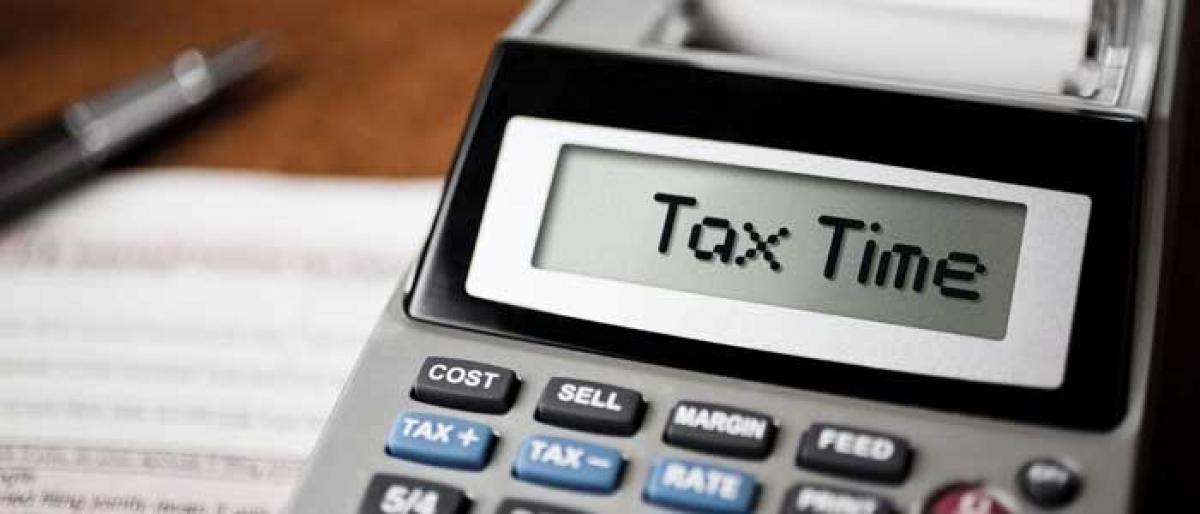Dividend tax

Under the current regime, Indian companies pay dividend distribution tax (DDT) when they pay dividend and such domestic dividend is exempt in the hands of the recipient shareholders.
Under the current regime, Indian companies pay dividend distribution tax (DDT) when they pay dividend and such domestic dividend is exempt in the hands of the recipient shareholders.
The government, in the past, introduced a new section to tax dividends in excess of Rs 10 lakh, in the hands of the recipients, at a flat rate of 10%. It is anticipated that the government may change the current method of dividend taxation and make dividends taxable only in the hands of shareholders.
This debate is also strengthened given the high effective tax rates on corporates on account of both Income-tax and DDT, in an environment where large economies are talking about tax reforms and bringing down corporate tax rates, according to moneycontrol.com. A dividend is usually a distribution of the profits of the company to its shareholders.
The finance ministry may consider doing away with the dividend distribution tax (DDT) in Budget 2018 to be unveiled on February 1, EY India said. In its pre-Budget expectations, EY said dividend distribution tax has become burdensome for corporates due to various factors such as high rate, litigation on disallowance and hence the return on capital employed has significantly diminished.
"Corporate income tax rate reduction does not seem likely in light of the fiscal constraints and subdued GST collection. However, government may rationalise the effective corporate tax rate by abolishing dividend distribution tax and restoring the classical system of taxation of dividends in the hands of shareholders," NDTV cites EY India Partner & National Leader, Business Tax Services, Garima Pande, as saying.
Dividends paid by a domestic company to shareholders are subjected to dividend distribution tax at 15 per cent of the aggregate dividend declared. The effective rate is 20.358 per cent, including surcharge and cess. Effective rate of DDT, however, can be calculated as tax on distributed profits at 15% + surcharge at 12% + education cess at 2% + SHEC (secondary and higher education cess) at 1% of the amount of dividend.
Thus, the effective rate of DDT comes out to be 20.358%, explains ipleaders.in. The dividend income is tax-free in the hands of investors. However, if the amount of dividend income exceeds Rs. 10 lakh on a gross basis, an additional tax of 10 per cent (plus surcharge and cess) applies on dividend income.











